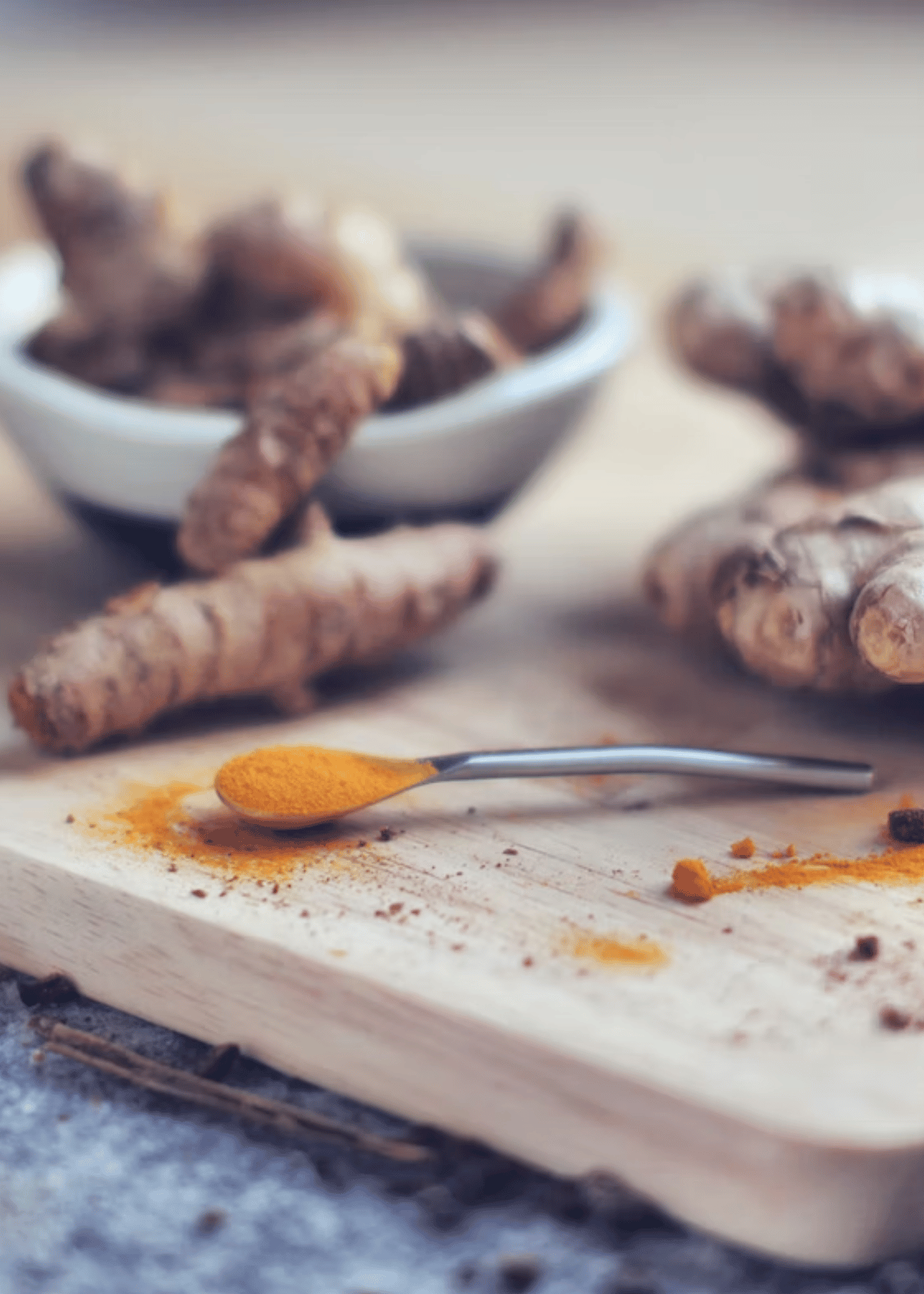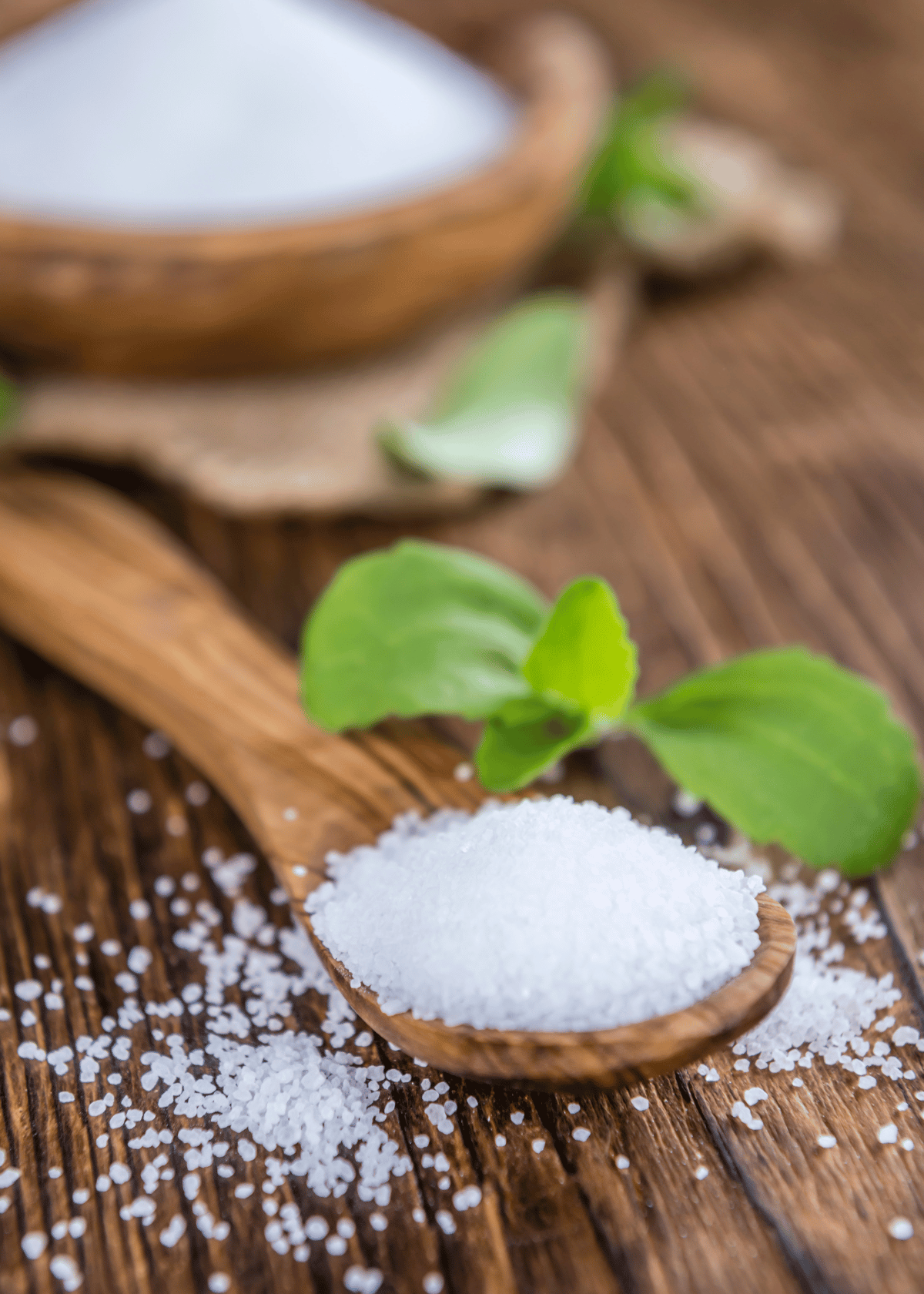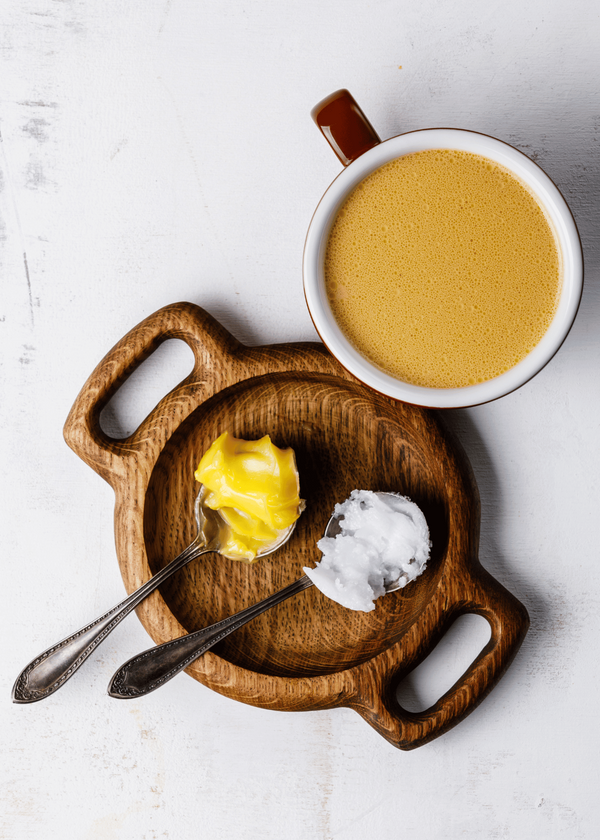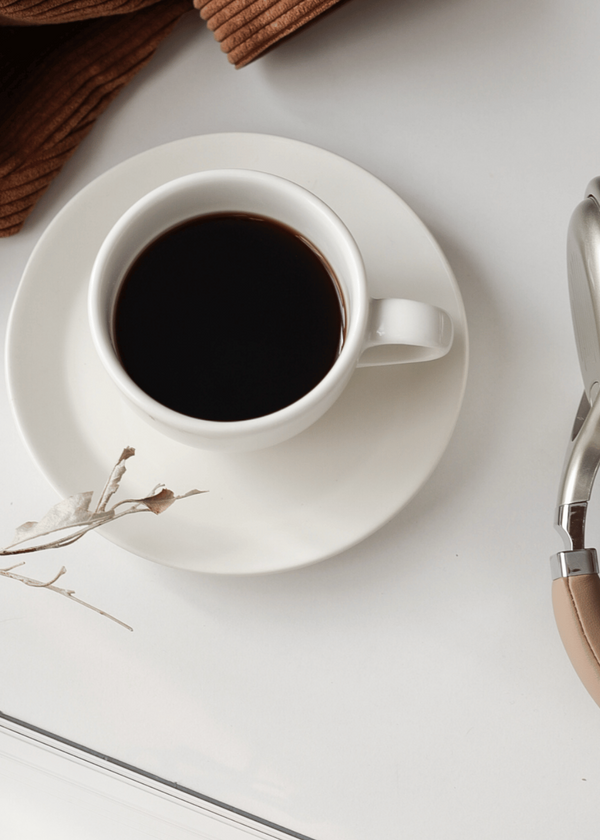Endometriosis is a painful disorder that affects over 11% of women in the US. Common endometriosis pain symptoms symptoms include heavy periods, pain during intercourse, and pelvic pain. There are many pharmaceutical remedies for endometriosis symptoms, but there are also natural remedies you can use to provide relief. Herbal remedies can be a great way to reduce the severity of your symptoms without resorting to medications or surgery. Let’s take a look at some of the herbs commonly used to treat endometriosis.
Chasteberry
Chasteberry is a flowering plant often used in traditional Chinese medicine as a treatment for menstrual cramps and other menstrual issues. It works by regulating hormone production and reducing inflammation, which in turn helps reduce endometriosis-related pain and discomfort. Chasteberry is available in supplement form or as an extract, both of which can be taken orally or applied topically.
Dong Quai
Dong quai is an herb native to China that has been used for centuries as an herbal remedy for menstrual pain and other gynecological issues. Studies have shown that dong quai can reduce inflammation associated with endometriosis, providing relief from pain and discomfort related to the disorder. Dong quai can be taken in supplement form or as an herbal tea.
Ginger Root
Ginger root has been used as a natural remedy for many ailments since ancient times, including nausea, indigestion, and inflammation. Recent studies have shown that ginger may also be effective at reducing endometriosis-related pain due to its anti-inflammatory properties. Ginger root can be consumed fresh, powdered, or in supplement form; it can also be made into a tea or added to food when cooking.
Curcumin
Curcumin is a natural compound found in the spice turmeric that has been shown to have powerful anti-inflammatory and pain-relieving properties. This makes it an excellent treatment option for those suffering from the symptoms of endometriosis, including heavy periods, endometriosis related pelvic pain, and cramping
One study looked at the effects of curcumin on endometrial tissue in mice, and found that it was able to reduce the expression of certain pro-inflammatory proteins associated with endometriosis. This research suggests that curcumin may be able to provide relief from endometriosis symptoms by reducing inflammation in the affected tissues.
Another study found that curcumin was also able to suppress the growth and suppress tissue migration of endometrial cells, which could make it useful for preventing or treating endometriosis-related infertility. Because curcumin can be taken in supplement form, it is a convenient and easy way for women with endometriosis to manage their symptoms naturally.
Peppermint
Peppermint is a natural herb commonly used to relieve pain and discomfort associated with various conditions, including endometriosis. It works to reduce pelvic pain by soothing inflamed tissues in the pelvic region, reducing pelvic pain and cramping.
One study found that peppermint oil was effective at treating the symptoms of endometriosis-related dysmenorrhea, or menstrual pain. This research suggests that peppermint may be an effective and safe alternative to pharmaceutical pain medications for women with endometriosis.
Another study looked at the anti-inflammatory effects of peppermint oil on human cells, and found that it was able to reduce cytokine production in response to inflammation. This means that peppermint may be able to help reduce the pain and discomfort associated with endometriosis by reducing inflammation in pelvic tissues.
Conclusion:
Herbal remedies can be a safe and effective way to manage the symptoms of endometriosis without having to rely on pain medication, pharmaceuticals or surgery. Chasteberry, dong quai, and ginger root are just three examples of herbs that may help reduce inflammation and provide relief from endometriosis-related pain. However, before taking any herbal supplements it’s important to speak with your doctor about potential interactions with other medications you may be taking and any potential side effects you may experience when taking them. With the right herbs—and proper guidance—you should find some much-needed relief from your endometriosis symptoms!
Some Further Reading:
Read this study: Curcumin Inhibits Endometriosis Endometrial Cells by Reducing Estradiol Production.
Read this study: Novel Drug Targets with Traditional Herbal Medicines for Overcoming Endometriosis
Read this study: The Complementary and Alternative Medicine for Endometriosis: A Review of Utilization and Mechanism







